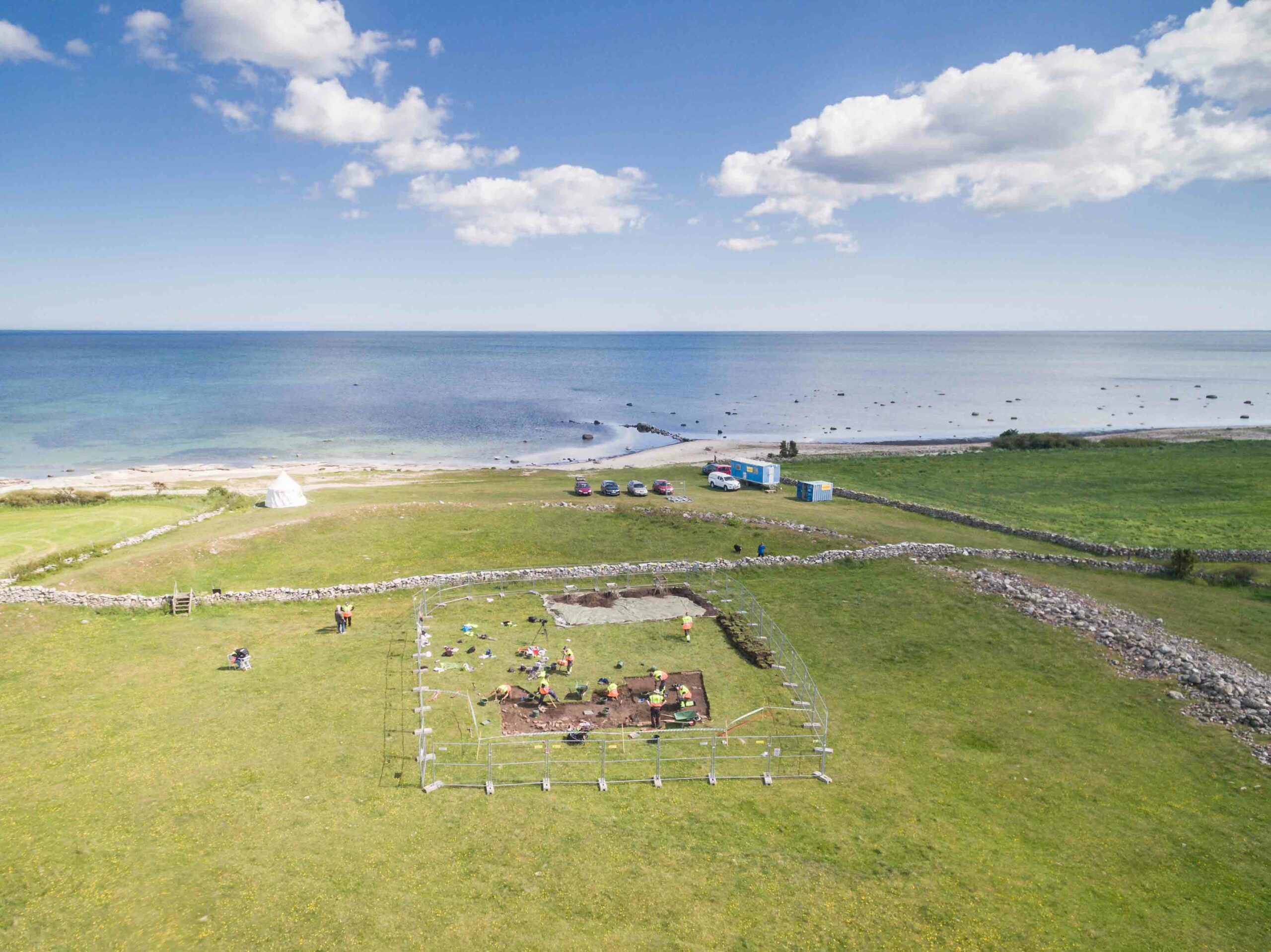TOKYO, JAPAN—Akio Tanigawa of Waseda University has uncovered the remains of three people at the site of Krishitan Yashiki, or the Christian Mansion, a prison for Christian missionaries during the isolationist Edo Period (1603-1868). DNA analysis suggests that one set of remains may belong to Italian Jesuit priest Giovanni Battista Sidotti, who entered Japan illegally in 1708. Disguised as a samurai, he was captured and imprisoned until he died in 1714. “It is the first time we’ve found a near match of the bones of a foreign missionary,” Tanigawa told The Japan Times. For more on archaeology in Japan, go to "Khubilai Khan Fleet."
Skeleton Unearthed in Japan May Be 18th C. Italian Missionary
News April 6, 2016
Recommended Articles
Features July/August 2023
Africa's Merchant Kings
The early Christian kingdom of Aksum was at the heart of a great maritime trading network
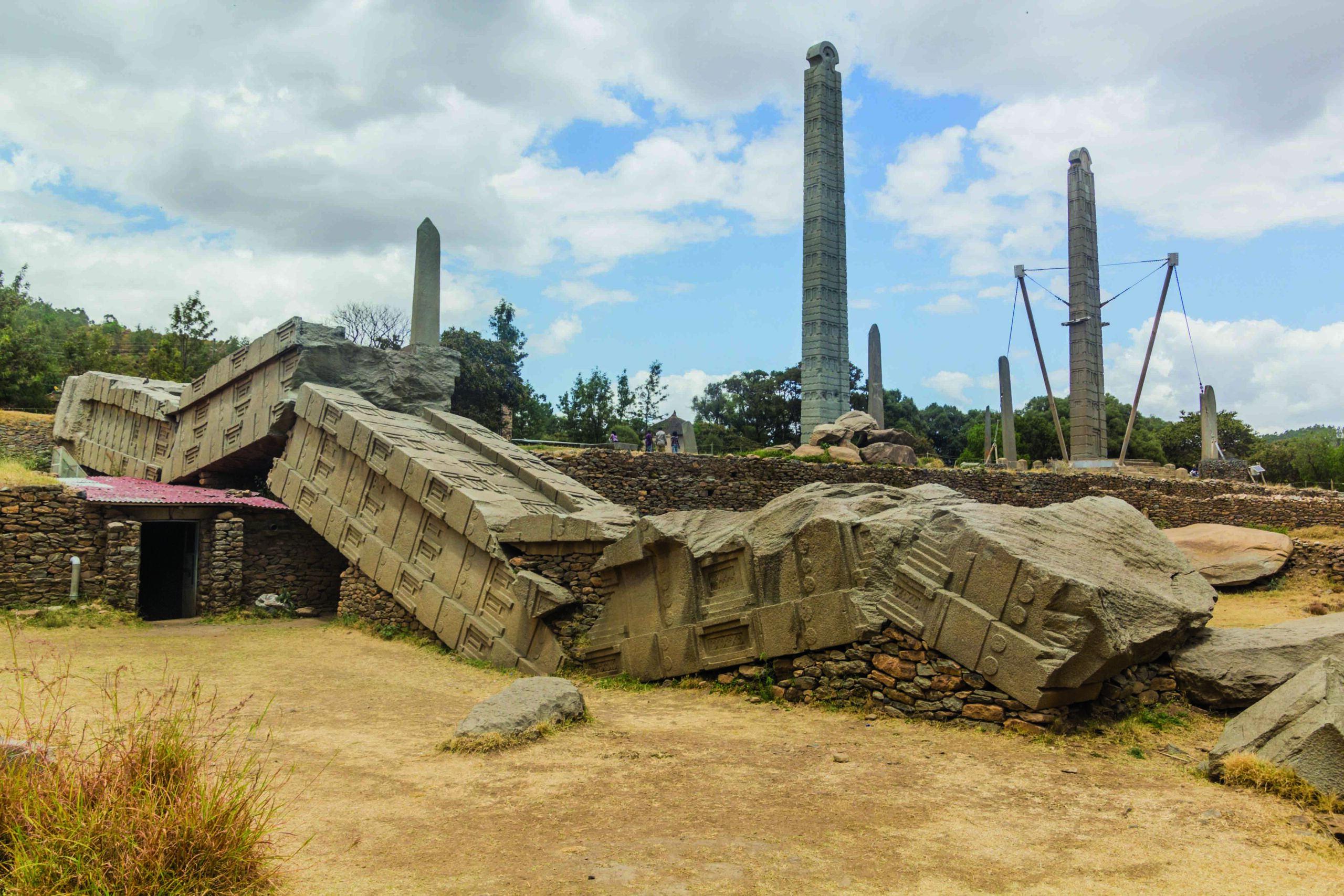
Features May/June 2022
Secrets of Scotland's Viking Age Hoard
A massive cache of Viking silver and Anglo-Saxon heirlooms reveals the complex political landscape of ninth-century Britain
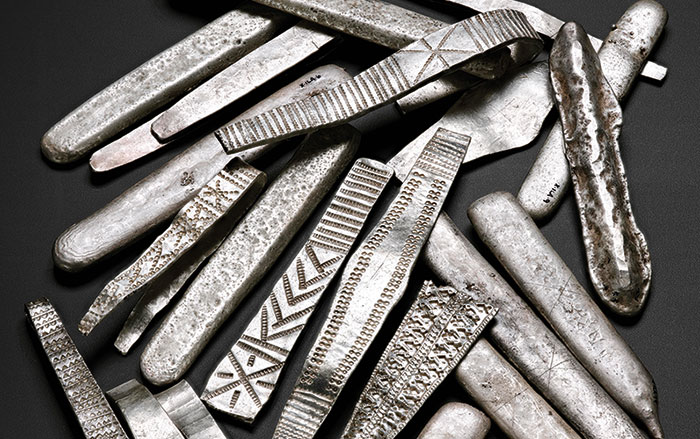
Digs & Discoveries July/August 2018
Divine Invitation
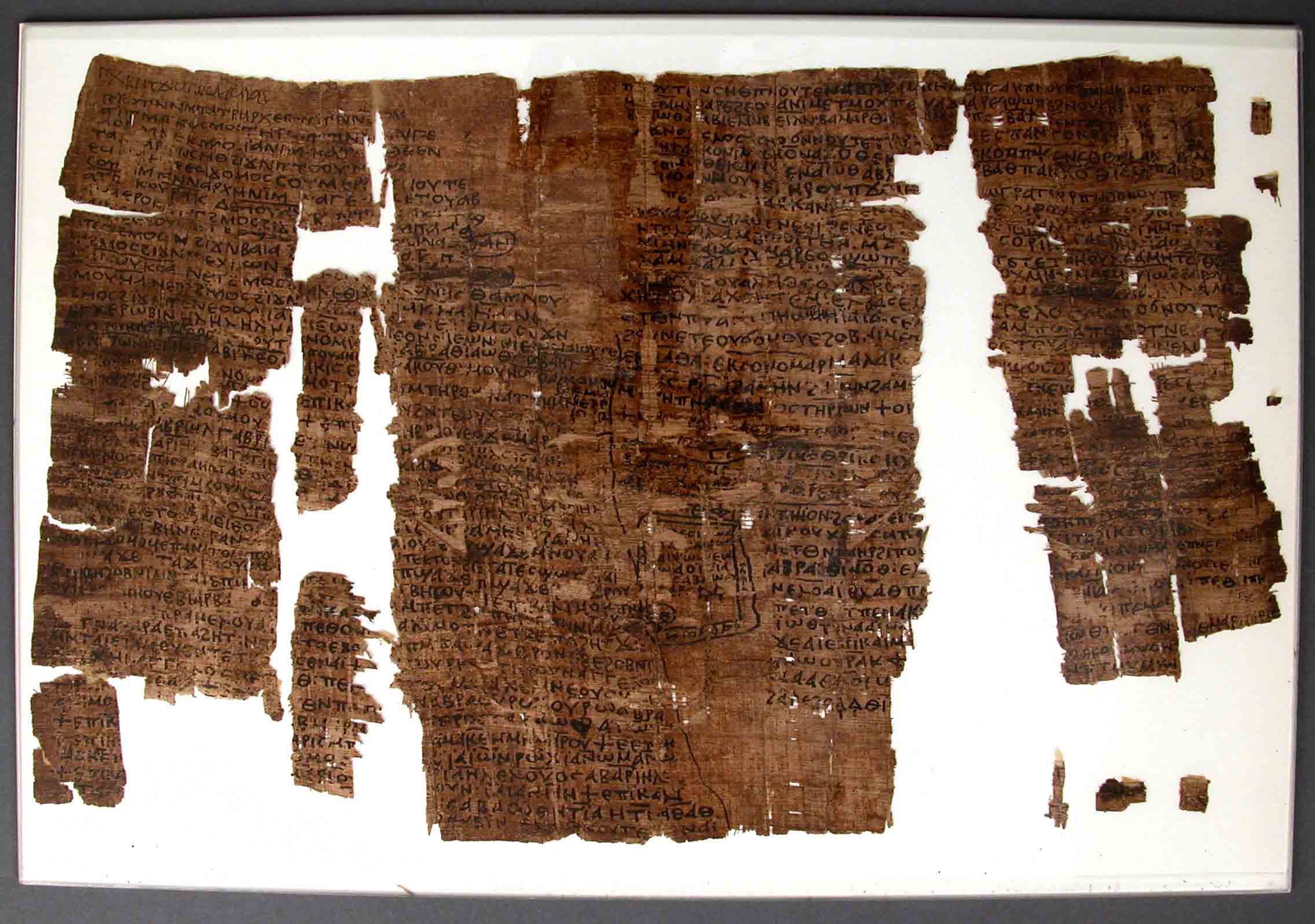
Digs & Discoveries March/April 2017
A Mix of Faiths
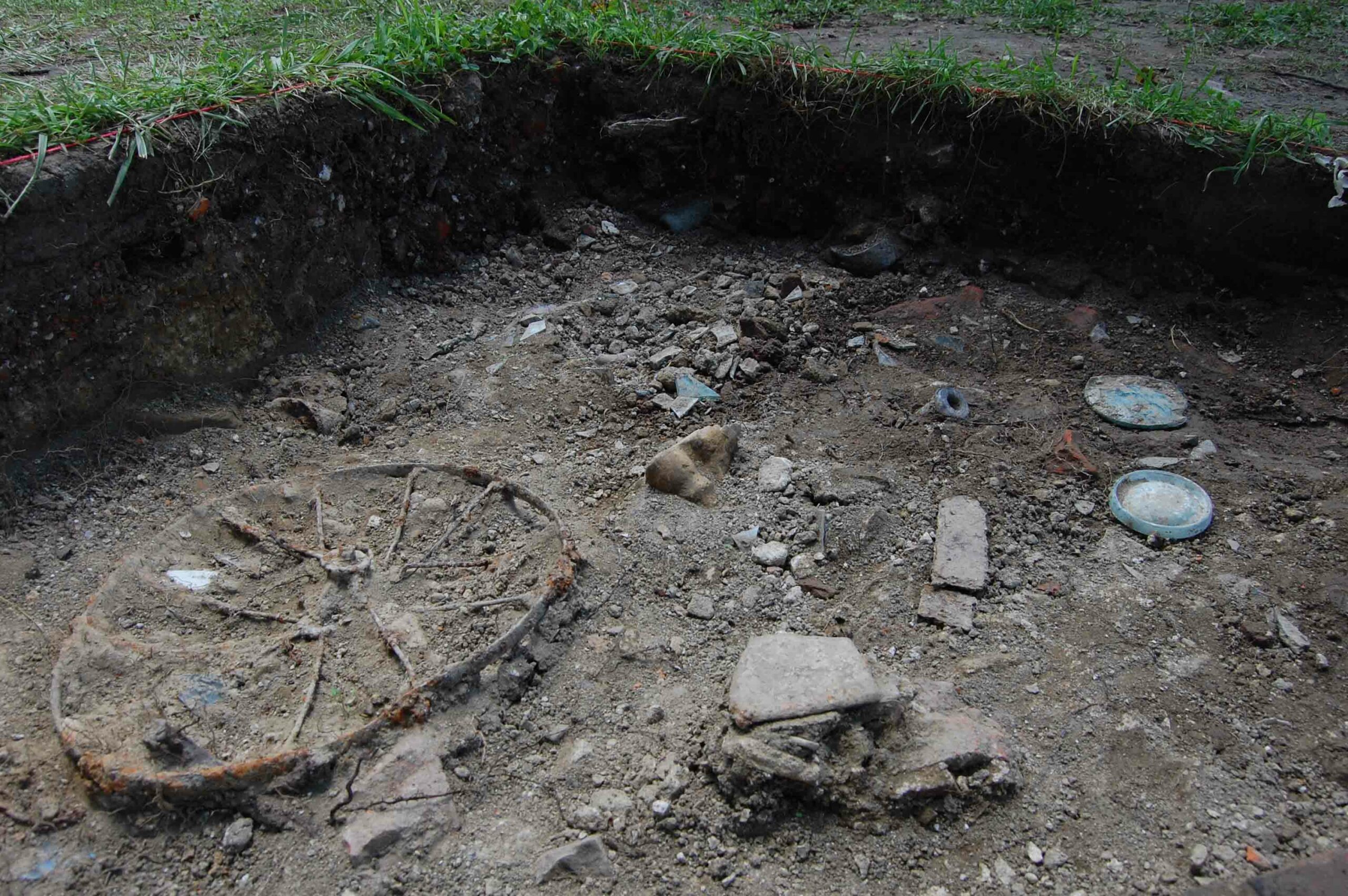
-
Features March/April 2016
France’s Roman Heritage
Magnificent wall paintings discovered in present-day Arles speak to a previously unknown history
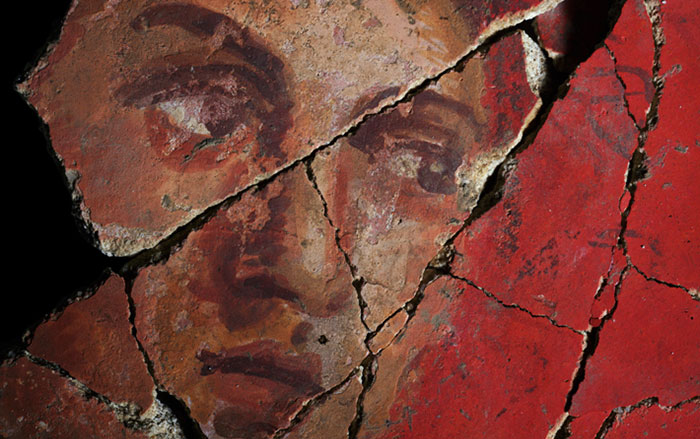 (Copyright Remi Benali INRAP, musée départemental Arles antique)
(Copyright Remi Benali INRAP, musée départemental Arles antique) -
Features March/April 2016
Recovering Hidden Texts
At the world’s oldest monastery, new technology is making long-lost manuscripts available to anyone with an Internet connection
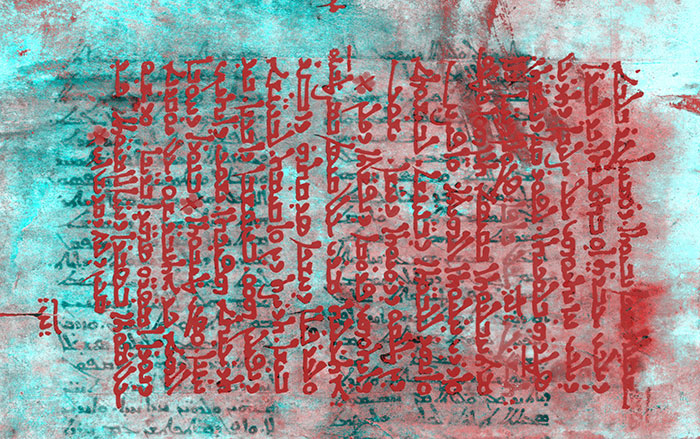 (Copyright St. Catherine's Monastery)
(Copyright St. Catherine's Monastery) -
Letter from Guatemala March/April 2016
Maya Metropolis
Beneath Guatemala’s modern capital lies the record of the rise and fall of an ancient city
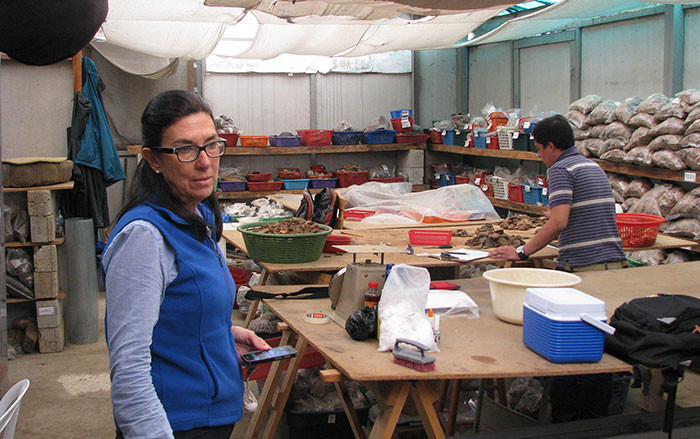 (Roger Atwood)
(Roger Atwood) -
Artifacts March/April 2016
Egyptian Ostracon
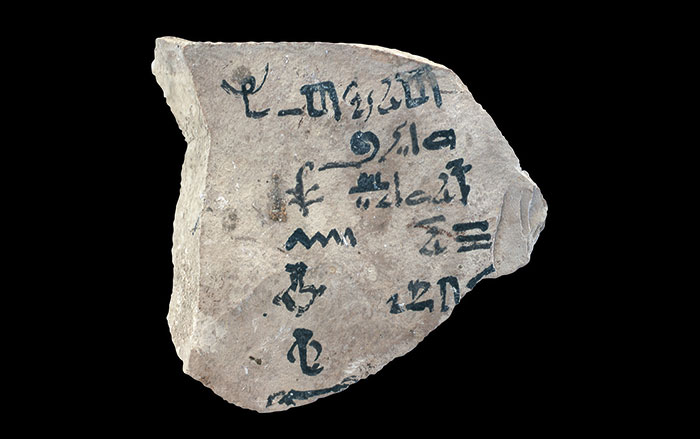 (Courtesy Nigel Strudwick/Cambridge Theban Mission)
(Courtesy Nigel Strudwick/Cambridge Theban Mission)


